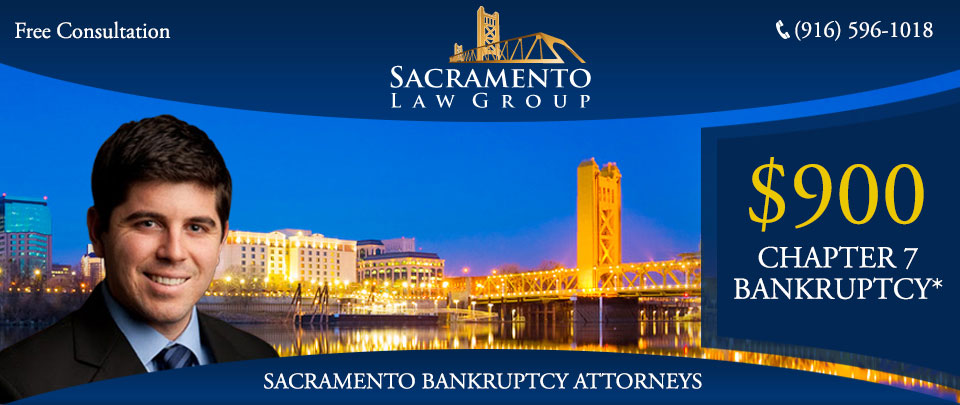Most of our clients file chapter 7 bankruptcy. In chapter 7 bankruptcy we can eliminate credit card debt, medical bills, and other unsecured debts. Chapter 7 bankruptcy is less expensive than chapter 13 bankruptcy. Furthermore, chapter 7 bankruptcy is over relatively quickly. To find out if you qualify for chapter 7 bankruptcy call our bankruptcy attorney for a free consultation.
Debts That Can Be Eliminated
Many unsecured debts can be eliminated in chapter 7 bankruptcy. For instance, credit card debt, medical bills, payday loans, personal loans, past foreclosures, and repossessions can be eliminated in chapter 7 bankruptcy.
Do You Qualify For Chapter 7 Bankruptcy?
No everyone can file chapter 7 bankruptcy. In general, individuals with high incomes cannot file chapter 7 bankruptcy. To qualify your annualized current monthly income must be below the California median income for a household of your size. Alternatively, you must pass the means test to file chapter 7 bankruptcy. The best way to determine whether you qualify for chapter 7 bankruptcy is to call a bankruptcy lawyer for a free consultation.
The Cost
Chapter 7 bankruptcy is the least costly chapter under the Bankruptcy Code. Attorney fees are usually lower for chapter 7 bankruptcy compared to chapter 13 bankruptcy. However, the chapter 7 filing fee is $335 while the chapter 13 filing fee is only $310. Nevertheless, after accounting for minimum chapter 13 plan payments over 3 to 5 years, chapter 7 bankruptcy is usually the least expensive between the two chapters.
Property
In theory, property can be sold in chapter 7 bankruptcy with the proceeds given to your creditors. However, most chapter 7 cases are deemed “no asset” cases because there is no property that can be sold after exemptions are cited in the bankruptcy schedules. In short, California allows debtors to select 1 of 2 exemption schemes. For purposes of this article, we will term them the “homestead” exemptions scheme and “wildcard” exemption scheme. The homestead exemption scheme is usually used if the debtor owns a home with significant equity; if the debtor does not own a home then the wildcard exemption is often used. Both exemption schemes allow the debtor to protect certain categories of property up to defined amounts, and the debtor’s attorney does this by citing the relevant exemption statute on the bankruptcy schedules for each category of property. If the debtor owns property worth less than the exemption amounts then the debtor’s property will not be sold.
